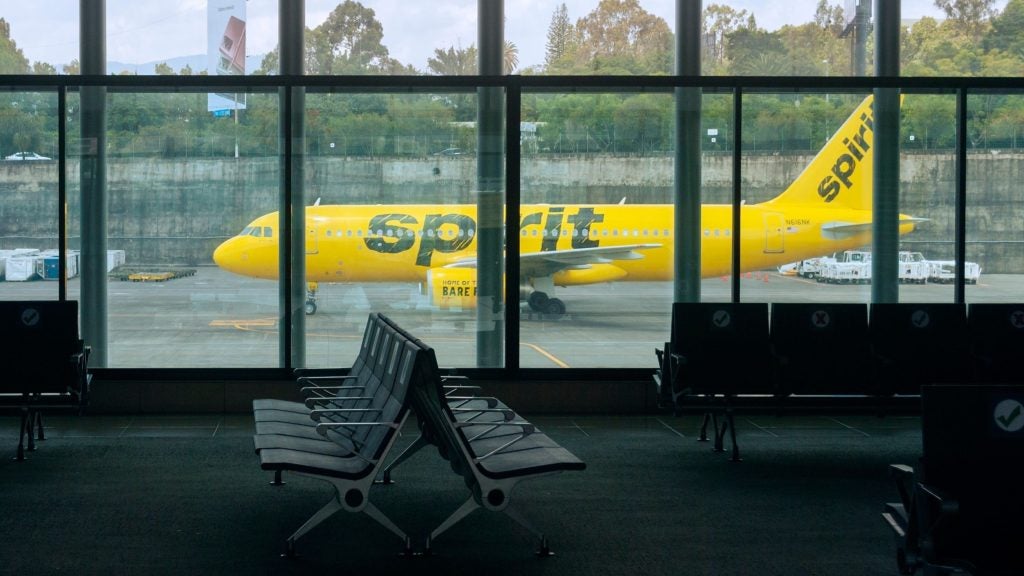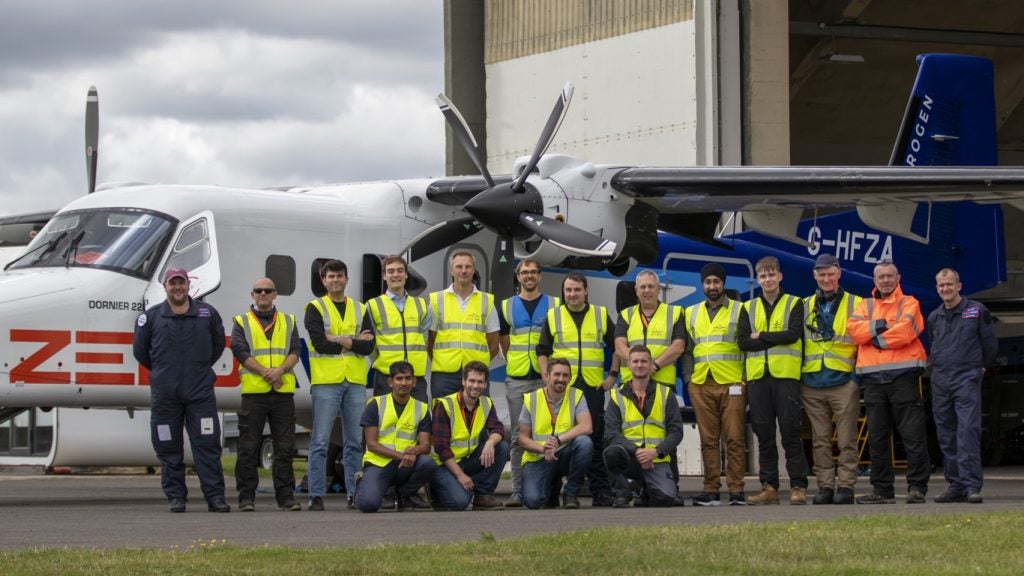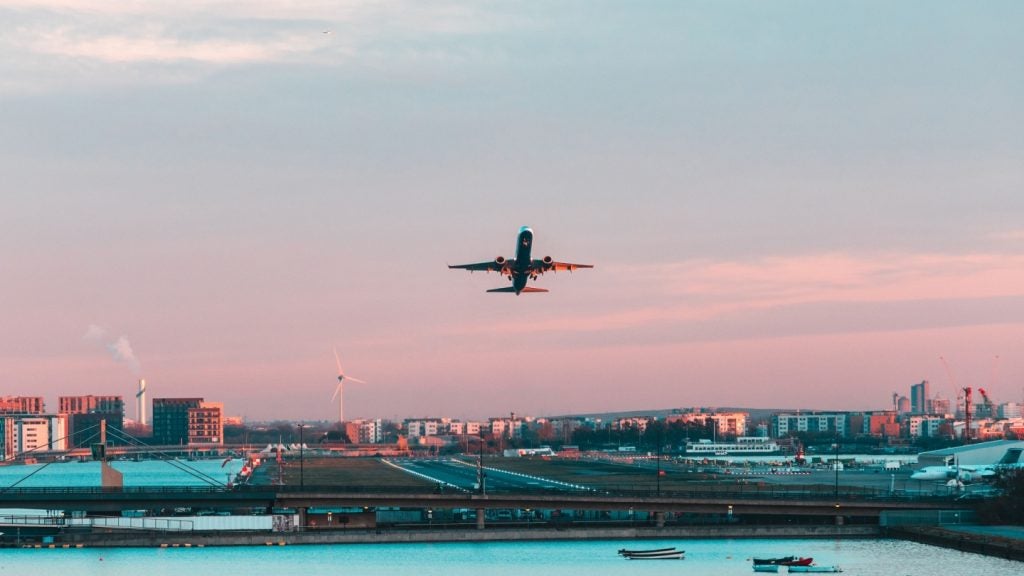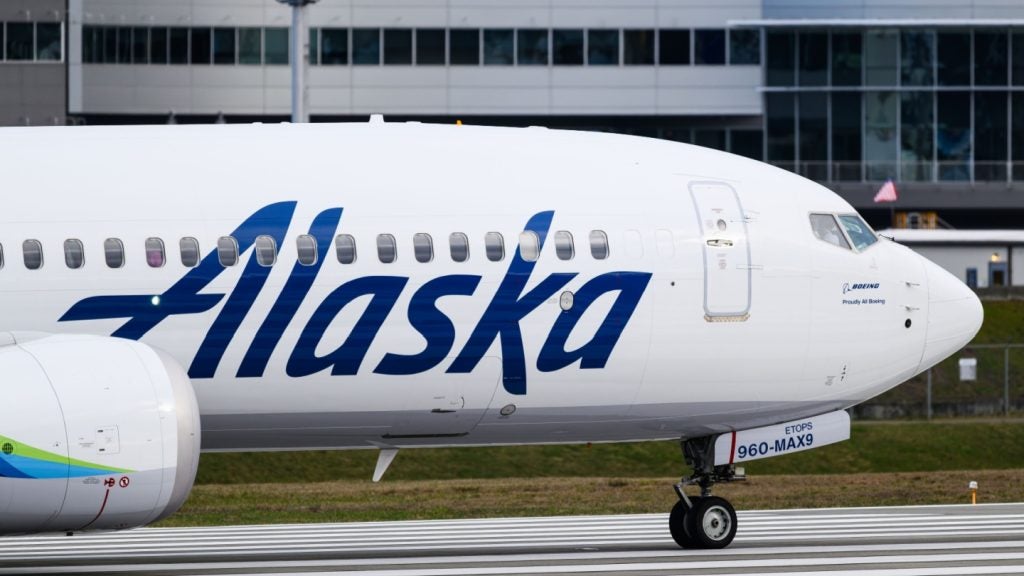Spirit Airlines, the US carrier that recently had its proposed merger with JetBlue blocked on competition grounds, said it has agreed to defer its current aircraft orders with Airbus from 2025 to 2030.
The airline said the deferral deal had been struck in order to “improve Spirit’s liquidity”. CEO Ted Christie described the action as a “reset” for Spirit’s business and bottom line.
"Deferring these aircraft gives us the opportunity to reset the business and focus on the core airline while we adjust to changes in the competitive environment. In addition, enhancing our liquidity provides us additional financial stability as we position the Company for a return to profitability,” he explained in a company statement.
But in a further blow to US pilots, Spirit said it would furlough 260 pilots from September due to a number of its jets being grounded by ongoing Pratt & Whitney GTF engine issues. The furloughs will come into effect at the beginning of September 2024.
The announcement followed United Air Lines declaring it was pausing all hiring, and even asking contracted pilots to take unpaid leave due to delayed delivery of its Boeing 737 MAX 10’s.
Spirit said it had agreed compensation with Pratt & Whitney which it said would improve the airline’s financial position by between $150m and $200m.
While Christie said the furlough and deferrals were “difficult decisions” he added they were made for the long-term financial health of the company.
“Unfortunately, we had to make the difficult decision to furlough Pilots given the grounded aircraft in our fleet and our deferral of future deliveries. We are doing everything we can to protect Team Members, while balancing our responsibility to return to positive cash-flow and thrive as a healthy company with long-term growth prospects,” he explained.
But Spirit said there was “no change” to the total aircraft on order from the European plane makers, and the orders scheduled for 2027-29 were not affected.
The deferral is estimated to “improve Spirit's liquidity position by approximately $340m over the next two years.”














